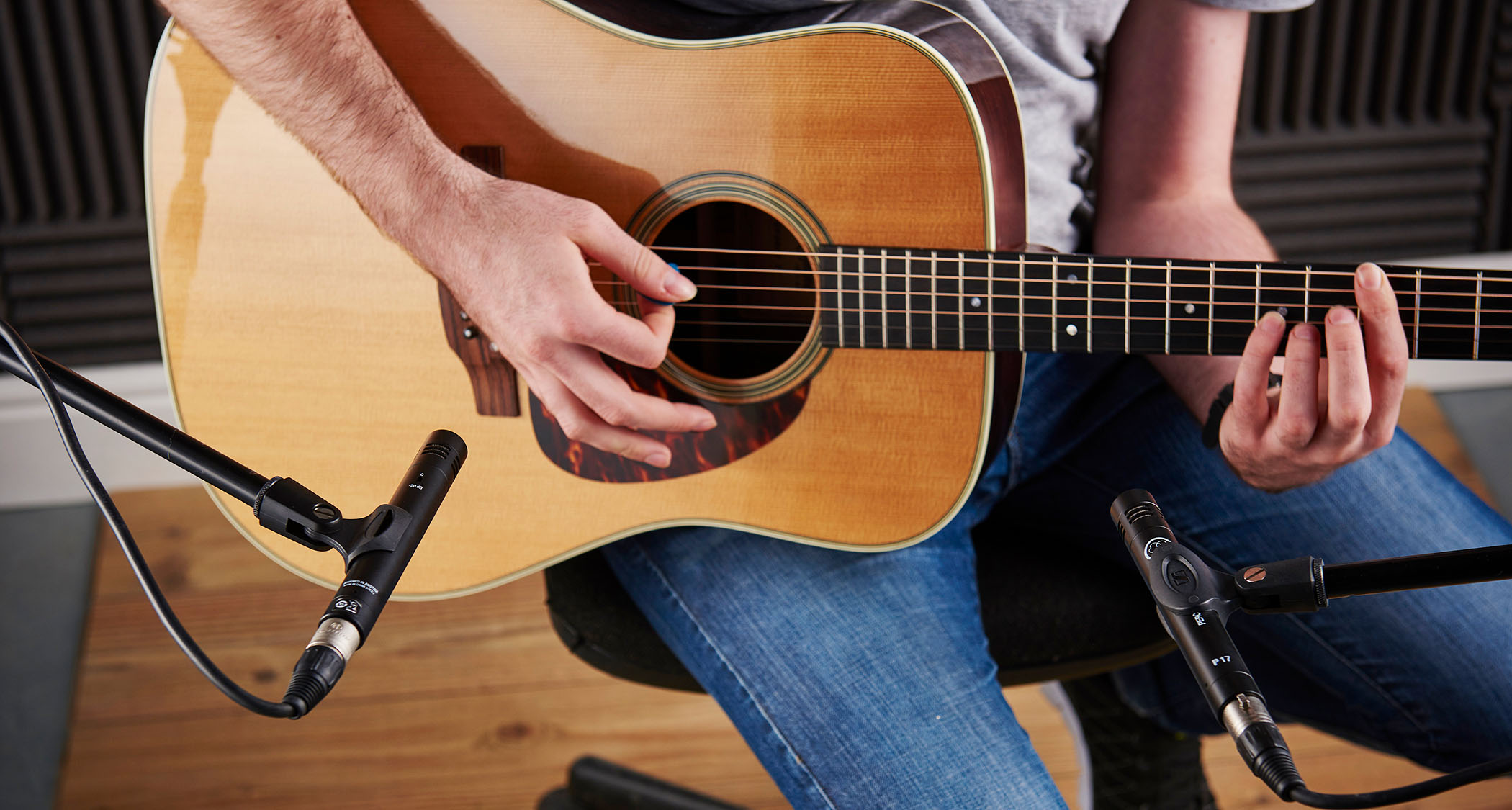“It’s like playing a tree! It’s crazy how far your hands are away from your body”: How Vianova crafted one of the best modern metal debuts in years by making brutal 30" baritones disgustingly fun – and naming songs after cult Squier guitars
Guitarist Felix Vogelsang reveals how he embraced a divisively finished baritone to cut down on the shred and change the way he approached the instrument

For Felix Vogelsang, guitarist in Germany’s madcap genre-mashers Vianova, changing his weapon of choice has helped turn the band into one of metal’s most exciting new prospects.
Seven years ago, the band showed their hand with rapid-fire riffs and tapping licks galore on debut EP A Place I Want to Live in But I Don’t Want to Die For. Later, Vogelsang ditched his Mayones Regius in search of a new sound.
With a 30" Squier Vintage Modified Baritone Jazzmaster in the ever-divisive Antigua Burst finish, he and the band found their voice. Heck, they even have a song called Squier Talk. Their technicality has evolved, and their blend of prog metal, R&B, soul and electronic music is unlike any of their peers.
While Loathe changed the baritone game, Vianova have funnelled its energies through their own lens, making HIT IT! the best modern metal debut album in years. Vogelsang explains how it happened.
Where did your guitar journey start?
“I was raised with Michael Jackson, Queen and a lot of the Beatles, because of my dad. When I heard that lick in Black or White, it blew my mind. But it wasn’t until I heard a power chord run through distortion that I fell in love with guitar. I’ve had some classical lessons, finger-picking and stuff like that, but I'm also self-taught.”
Was there a moment when you felt you were no longer a beginner?
All the latest guitar news, interviews, lessons, reviews, deals and more, direct to your inbox!
“I challenge myself all the time – as soon as I start to learn something new, I feel like a beginner again. It makes me think, ‘Am I good at guitar or not?’ Social media shows you the variety of amazing guitar players that are out there smashing it, so I don’t know if I’m any good!”
What inspired the switch to baritone guitars?
“When we started, we felt like we had to shred and show off. Then you realize it takes a lot of time learning that. Obviously, the baritone is inspired by Loathe. I’ve always found it fascinating to see someone picking an instrument that’s unusual for the style of music they play. Watching Loathe made me want to do that.

“I wanted to simplify what I play without sacrificing the technicality of it, so it’s a lot more rhythmic now. I also want to write catchy parts that are still technical, which is hard to do. It’s changed how I write my riffs.”
How has it changed your playing?
“Playing a 30" guitar is like playing a tree! It’s crazy how far your hands are away from your body when you hit the first fret. I can’t play a lot of our older songs on the Squier, so live, I play the Mayones for those.
“We don’t have to argue that P-90s are crazy on these guitars, which is why I wanted to try a Jazzmaster out. We were looking for the twang in the tone. But there’s a lot of noise floor with the P-90s, so you have to play cleaner, which makes you practice more.”
You tune low – are chords still possible?
“I play in drop E, but an octave lower than regular guitar, so I play a lot of single-string stuff. I struggled with the power chord stuff at first. I didn’t know if the guitar could get them to sound the way I wanted them to.
“I ended up changing the string gauges to an 80-16 set, so power chord stuff still sounds cool. After I did that, I realized it’s a very diverse guitar. All the strings are wound, except the .16, which is great for playing really funky stuff.”
Talk us through some of the album’s recording tricks.
“We played around to create unusual sounds – we didn’t want things to sound polished. We tried putting distortion through a room mic and things like that. In Future Nostalgia it’s layers; but there’s a room mic so you can hear the acoustics of the guitar and the click of the strings.
The baritone is back in fashion. People are realizing they can be used for metal!
“In Whatever Alright, I programmed lots of strange noises on a synth, then I tried to make a riff out of it. We like to have lots of ear candy. Sometimes it’s an accident. Sometimes it’s intuition, like the piano line in the breakdown of Más Rápido – there was space for it. We like elements that are surprising, or guitar sounds that are over the top. We want those moments to be fun!”
There are a lot of Orange amps in your videos.
“That’s just for social media! I actually play a Quad Cortex. I used to use amps, but transportation and playing in small venues can be an issue. I switched to Kemper at first, but we use so many Neural DSP plugins on the album that it made sense to switch again.

“I use Nameless Fortin a lot, and you can’t go wrong with Rabea. I like Gojira for the octave pedal, and the Whammy is great for throwing noises in. That’s what a lot of our tone is on the album.”
You aren’t the only metal guitarist to have fallen in love with baritone guitars in recent years. What makes them so special?
“I can't really tell! I think it makes sense to have a 30" scale guitar for lower tunings. Aesthetics and trends change all the time, and right now the baritone is back in fashion. People are realizing they can be used for metal!”
And not just for playing the Beatles.
“Exactly!”
- Hit It! is out now via Arising Empire.
A freelance writer with a penchant for music that gets weird, Phil is a regular contributor to Prog, Guitar World, and Total Guitar magazines and is especially keen on shining a light on unknown artists. Outside of the journalism realm, you can find him writing angular riffs in progressive metal band, Prognosis, in which he slings an 8-string Strandberg Boden Original, churning that low string through a variety of tunings. He's also a published author and is currently penning his debut novel which chucks fantasy, mythology and humanity into a great big melting pot.
You must confirm your public display name before commenting
Please logout and then login again, you will then be prompted to enter your display name.


